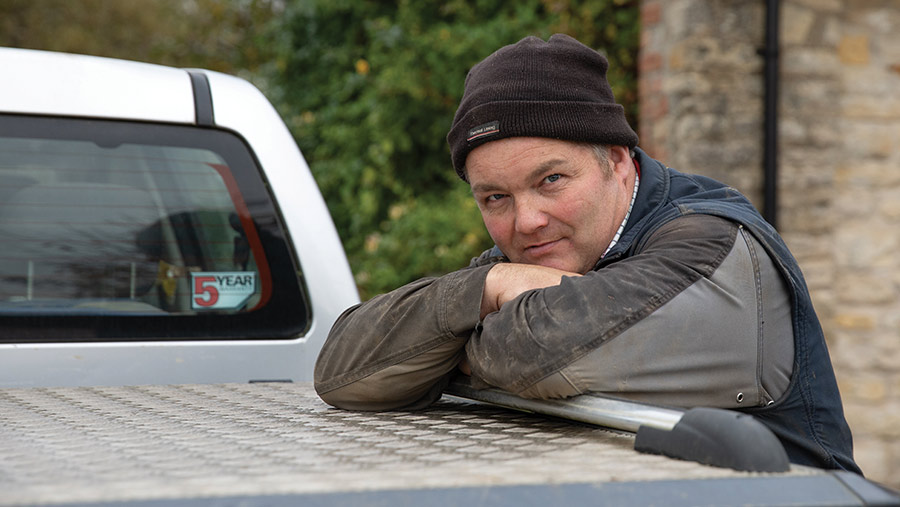Farmer Focus: Back to the drawing board for next season’s barley
 © Angela Waites Photography
© Angela Waites Photography Last month my comment was “puddles to dust” – how things change. It’s safe to say that my dryer is going to get much more exercise than with the 7% it dried in 2022.
At the time of writing, we’re rained off, halfway through the winter barley and have wheat ripening fast.
See also: Arable farm finds new income streams with nature-based system
Quality looks decent and yields about average so far, with the surprise being Bolton feed barley.
Having looked a bit variable all season, it has knocked the Tardis out of the park by comfortably over 1t/ha – so it looks like back to the drawing board on 2024 drilling plans unless the remaining Tardis shapes up.
Speaking of varieties, I’ve been to a couple of trials events recently, and as ever the choice is bewildering.
Typhoon is to be the new kid on the block here, likely replacing Parkin as an earlier driller.
Our records show our “toe-in-the-water” wheat blends have been the yield champions in the past few years, so I’m keen to experiment further here (I can feel our drill operator’s eyes rolling already).
Simplicity will rule, with a focus on compatible pairs of varieties of different parentage in farm saved mixes.
My focus regarding variety choice is usually centred on resilience and economic performance – I always look at the untreated plots at trials events.
Bushel weight usually wins over outright yield, as does past performance here on the farm.
It’s a relief to turn the irrigators off on the root crops, which mostly look OK at the moment (I’d rather dry corn than irrigate).
Proposed improved fortunes for sugar beet and potatoes already look short-lived, with contract prices being talked down for 2024 in various areas.
A sustainable farm is a profitable farm – something that our markets sometimes need reminding of.
Wet harvests are nothing new in Yorkshire, and one way or another it’ll all get gathered, as it always has – we try not to worry about what we can’t control, which is most things, really.
Alongside stop-start combining, the next few weeks bring a variety of tasks, including drying wet straw, attending potato trials, finalising cropping and cover cropping plans – and the very much sadder task of giving my late dad’s brother a decent send-off.
Rest in peace, David Wilson. The local livestock markets will be a different place without you.


